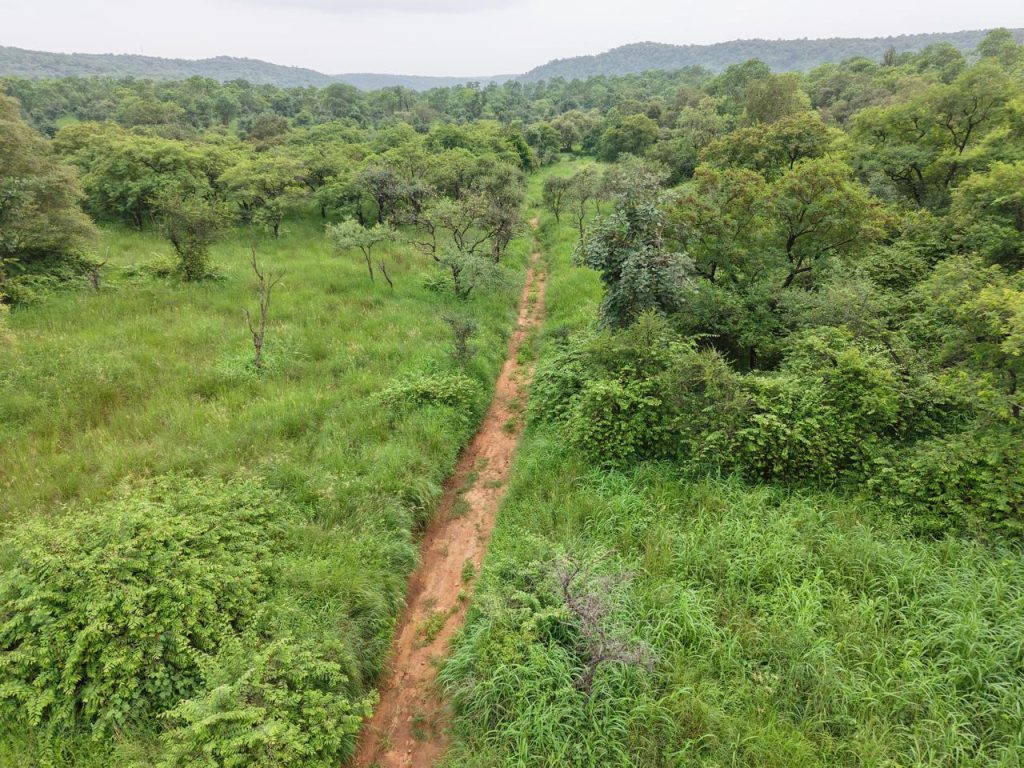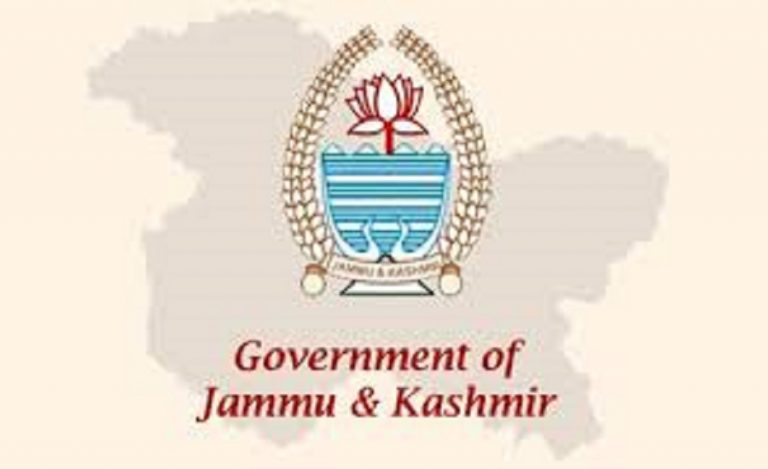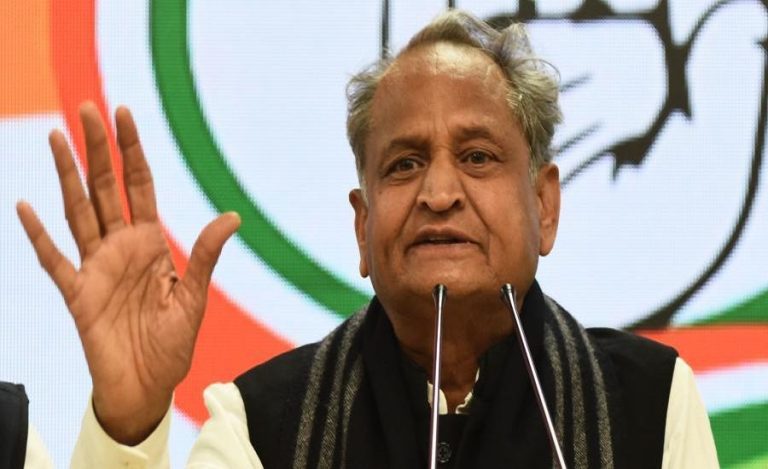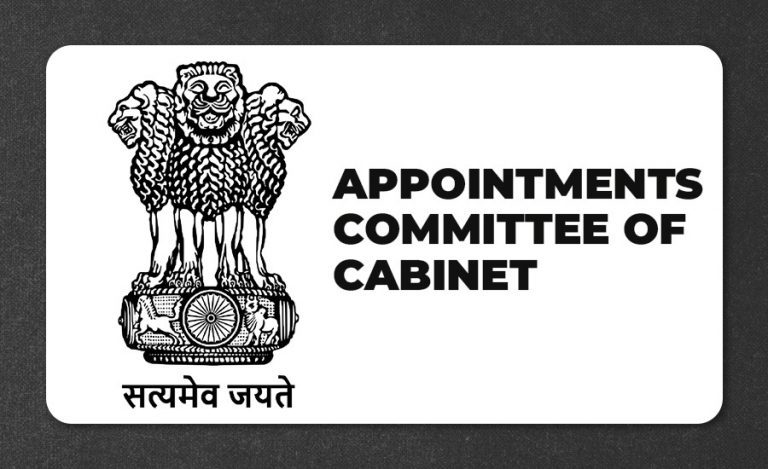Bhopal/Bandhavgarh: The picturesque and wildlife-rich Bandhavgarh Tiger Reserve (BTR) in Madhya Pradesh is now embroiled in a legal controversy. The state’s High Court has issued notices to senior officials and a private resort, demanding an explanation of how safari vehicles belonging to the resort are allegedly operating outside the roster system mandated by the National Tiger Conservation Authority (NTCA).
What is Bandhavgarh Tiger Reserve safari vehicles controversy
According to the petitioners, a resort inside BTR has been allowed to run four vehicles which do not fall under the roster system laid down by NTCA and incorporated into state rules. The roster system is a method of regulating tourist vehicles in tiger reserves to ensure controlled access and fair opportunity for local operators.
During hearings, the Court asked senior forest bureaucracy — including the Principal Secretary (Forests), Chief Wildlife Warden, and the Field Director of BTR — to clarify on what policy or guideline the vehicles were permitted to operate outside the roster.
Importance of roster system in Bandhavgarh Tiger Reserve
The NTCA’s standard safari guidelines and the rules governing tiger reserves set strict limits on number of vehicles, zonal capacity, and registration under a roster system to prevent excessive pressure on wildlife habitats and to protect the rights of local guides and vehicle owners.
In Bandhavgarh Tiger Reserve, for example, the official site lists maximum numbers of vehicles allowed in each zone (Tala, Magadhi, Khitauli) for morning and evening rounds.
Bandhavgarh Tiger Reserve safari vehicles controversy: Local livelihoods in spotlight
One advocacy group representing local safari vehicle owners argues that when resorts or big operators circumvent the roster system, it undercuts smaller, local operators who depend on permit-allocated vehicles for livelihood. As the petition states, the roster system was introduced precisely to protect local interests and ensure transparency.
Role of judicial system in This Case
A division bench of the Madhya Pradesh High Court (Jabalpur Bench) heard the matter and issued notices on March 25, 2025, to the state forest authorities, the resort (named as Vindhya Vilas Wildlife Resort) and the NTCA itself. It asked for specific replies on the policy basis for granting non-roster vehicles.
The petitioner had challenged an order dated March 1 which allowed the resort’s vehicles to operate outside the roster. The court has listed the matter for further hearing.
Implications for wildlife tourism
This case brings several important signals:
- It emphasises the continuing legal importance of adhering to NTCA guidelines and state rules in tiger reserves.
- It raises questions about fairness in tourism access and whether large resorts may unduly influence vehicle allocation.
- Enforcement of roster and vehicle limits has ecological significance, helping to reduce disturbance to tigers and other wildlife.
- For tourists, the case may mean stricter enforcement of safari vehicles, more transparency in booking, and possibly better governance of wildlife tourism offerings.
Background on Bandhavgarh Tiger Reserve and policy context
Bandhavgarh Tiger Reserve spans over 1,500 sq km in Umaria & Katni districts. It is divided into core and buffer zones, with regulated tourist access in the core (approx. 19.89%).
NTCA guidelines published for tiger reserves explicitly lay out that tourist vehicles must carry registered permits under the roster system and restrict the number of entries to minimise impact on wildlife.
What happens next
Senior forest officials and the resort now face formal replies in court. The bench may decide to grant interim relief or directions preventing further vehicle registration until the matter is resolved. Local vehicle owners are watching closely for a favourable outcome.
If the court finds deviation from policy without valid sanction, it may order cancellations of vehicle permits beyond roster-system and tighten monitoring across tiger reserves in Madhya Pradesh.
Importance of Bandhavgarh Tiger Reserve
Wildlife tourism is booming in India, and tiger-reserve safaris are key attractions. At the same time, sustainable tourism policies are under pressure. This case is a clear sign that governance of safari vehicles, allocation fairness and ecological protection will remain high on the agenda.
Read also: Merit vs Manipulation? Nagaland Govt Staff Paralyze Offices Over IAS Induction Strike
For travellers, it signals that safari bookings need to check authenticity of vehicles, ensure they are under authorised roster system, and that resorts should not promise “privileged access” outside permissible norms.




























